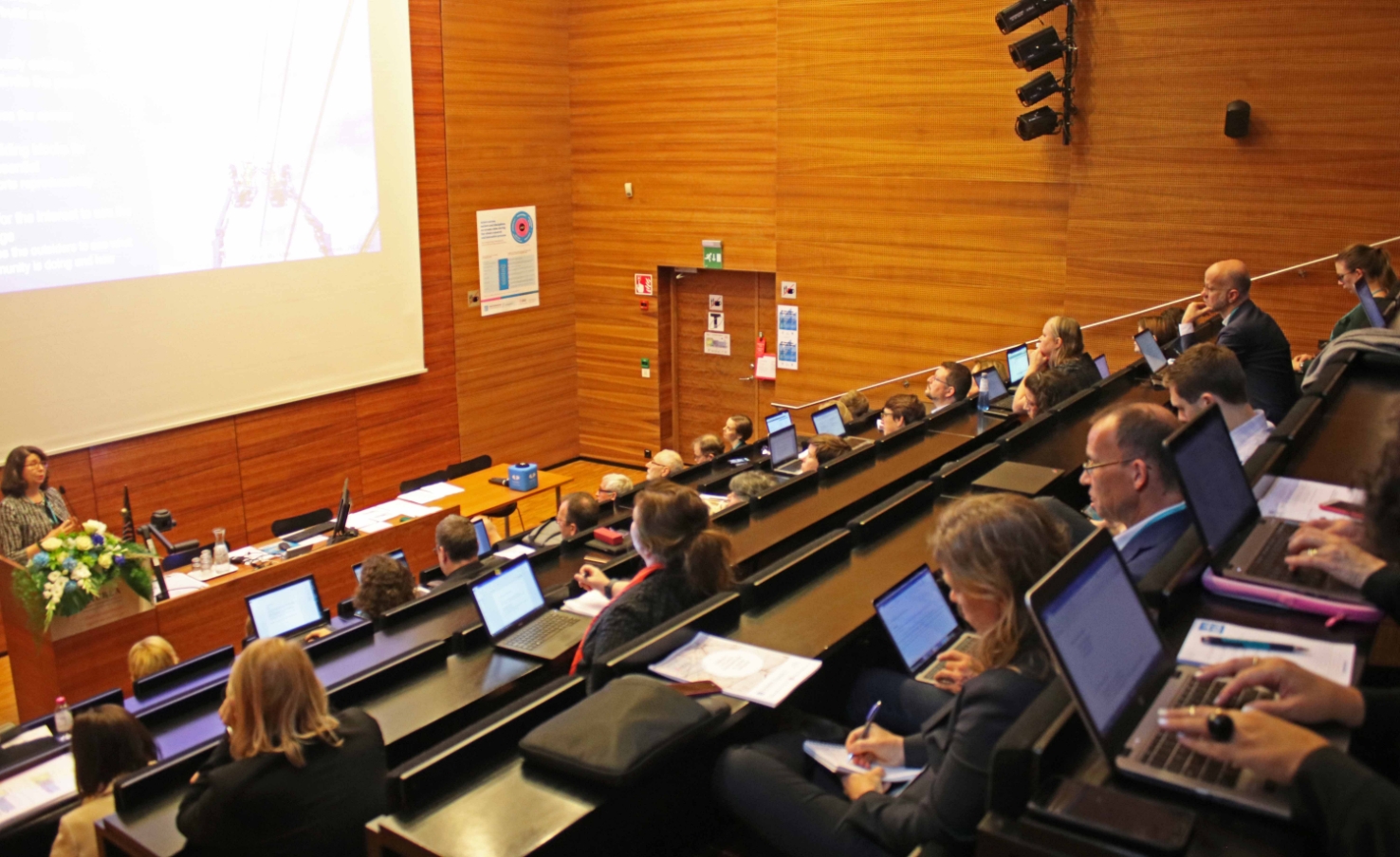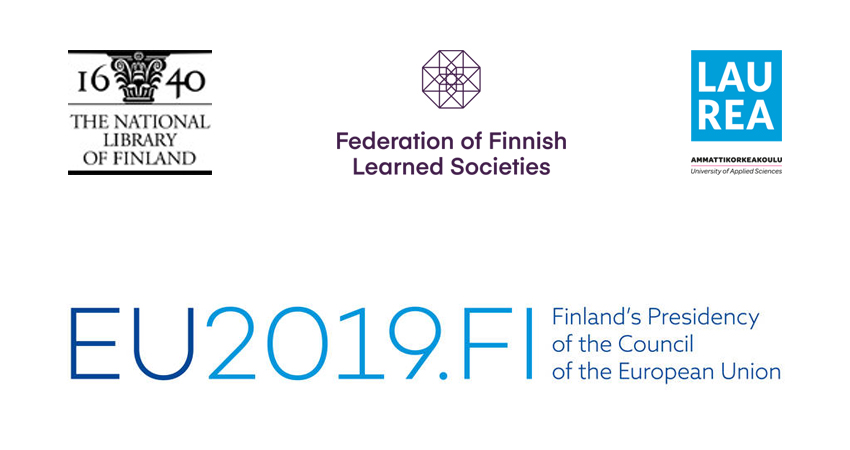EU member state Open Science coordinators met in Laurea
Laurea hosted The European Open Science Coordination meeting, where the member states shared best practices on open science coordination and thus aligned open science efforts in Europe.

Laurea was proud to host the event of The European Open Science Coordination meeting in Laurea Tikkurila campus Monday 21 of October. The meeting was a part of the Finnish EU presidency. In the meeting member states shared best practices on open science coordination and thus aligned open science efforts in Europe.
Participants include OSPP and EOSC Executive board members as well as key open science coordinators in member states. The meeting was organised by the Federation of Finnish Learned Societies, National Library of Finland, Laurea University of Applied Sciences; together with LIBER, ENoLL and OSPP and National coordinators in NL Karel Luyben and FR Marin Dacos.
Laurea has actively participated in developing educational, science, and innovation policies. During the previous Finnish presidency of European Union in 2006, Laurea was one of the driving forces behind initiating the Helsinki Manifesto, the forerunner for open science and open innovation. Consequently, the European Network of Living Labs (ENoLL), one of the members of the Open Science Policy Platform (OSPP), was founded.
- During the past decade, Laurea has had a significant role in ENoLL, promoting co-creation and citizen-involvement in open innovation and open science, says director Tuija Hirvikoski from Laurea. Mrs Hirvikoski represents ENoLL in OSPP.
Laurea actively aims at developing and implementing education, research, and innovation through co-creation. Besides promoting and applying Open Science through the LbD model, at Laurea, there are currently two projects funded by the Finnish Ministry of Education and Culture that specifically concentrate on themes around open science, open innovation and co-creation. One of these projects is “Co-creation Orchestration” (CCO), and the other one “Developing open RDI, Learning and Innovation Ecosystem at Universities of Applied Sciences”. Both of these projects research and aim to apply open science principles in both education as well as the RDI work.
- Innovation cannot happen in a vacuum or continue to be done internally behind closed doors. To succeed, it is vital to our future to be able to create, maintain and orchestrate open science and open innovation ecosystems, as well as actively connect with international parties, emphasizes Jouni Koski, President, CEO at Laurea University of Applied Sciences.
